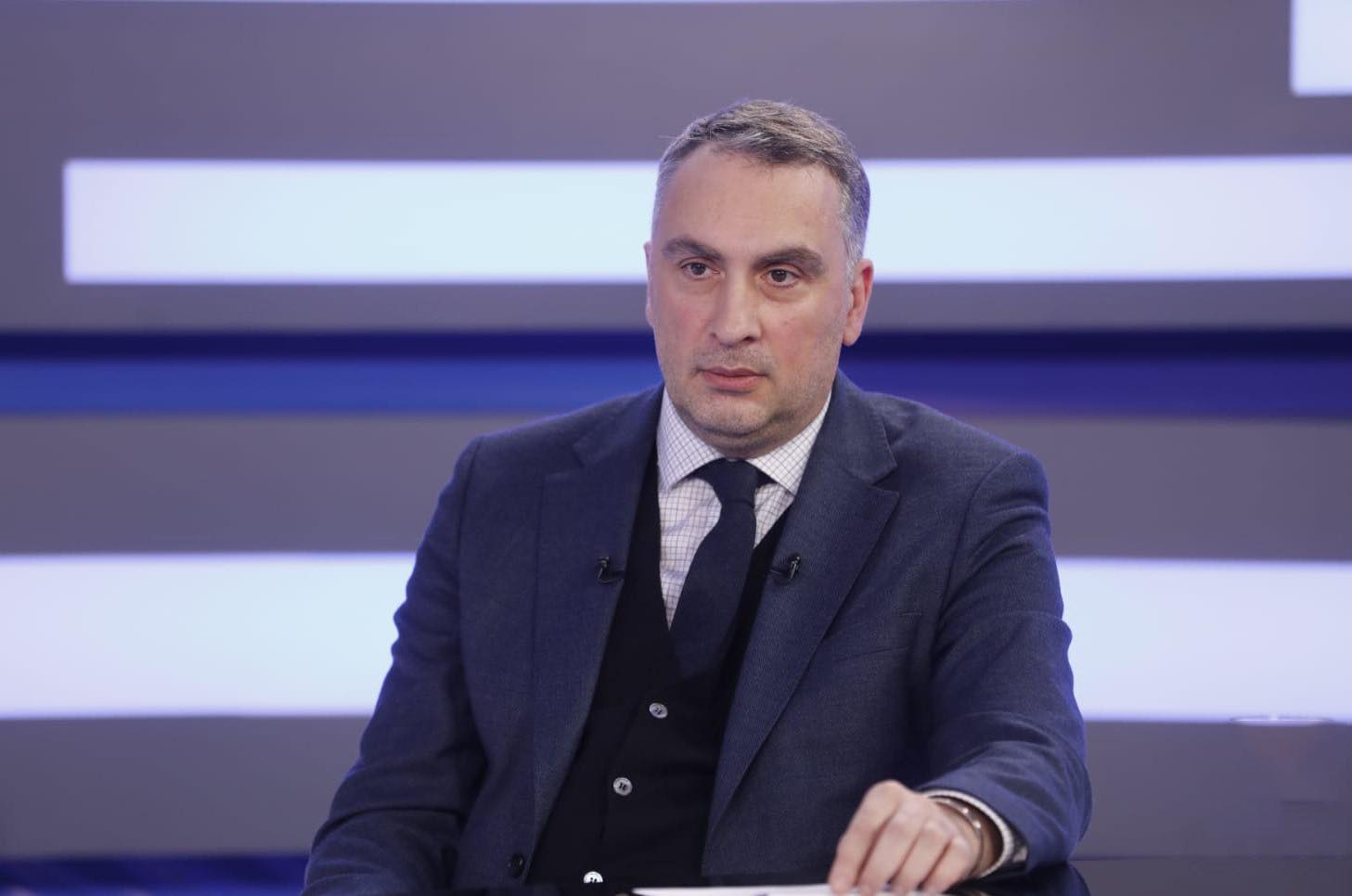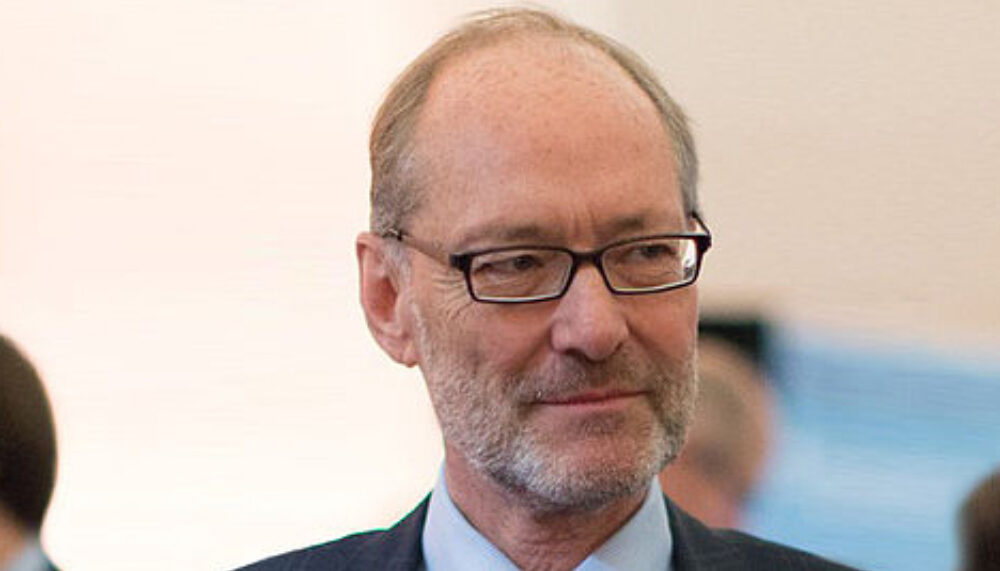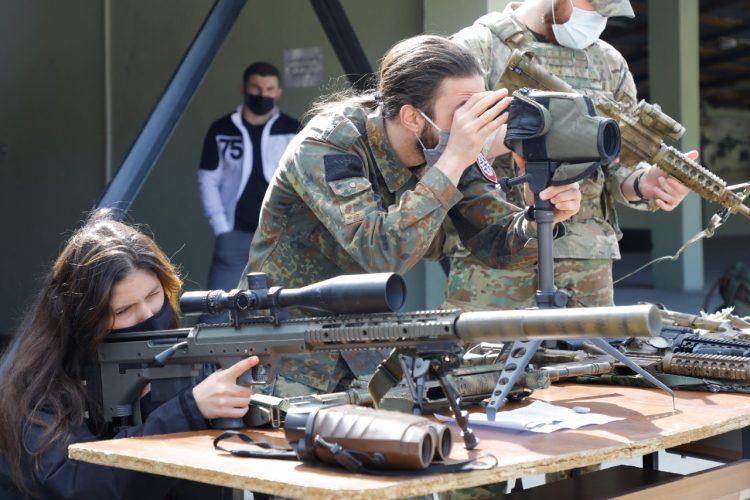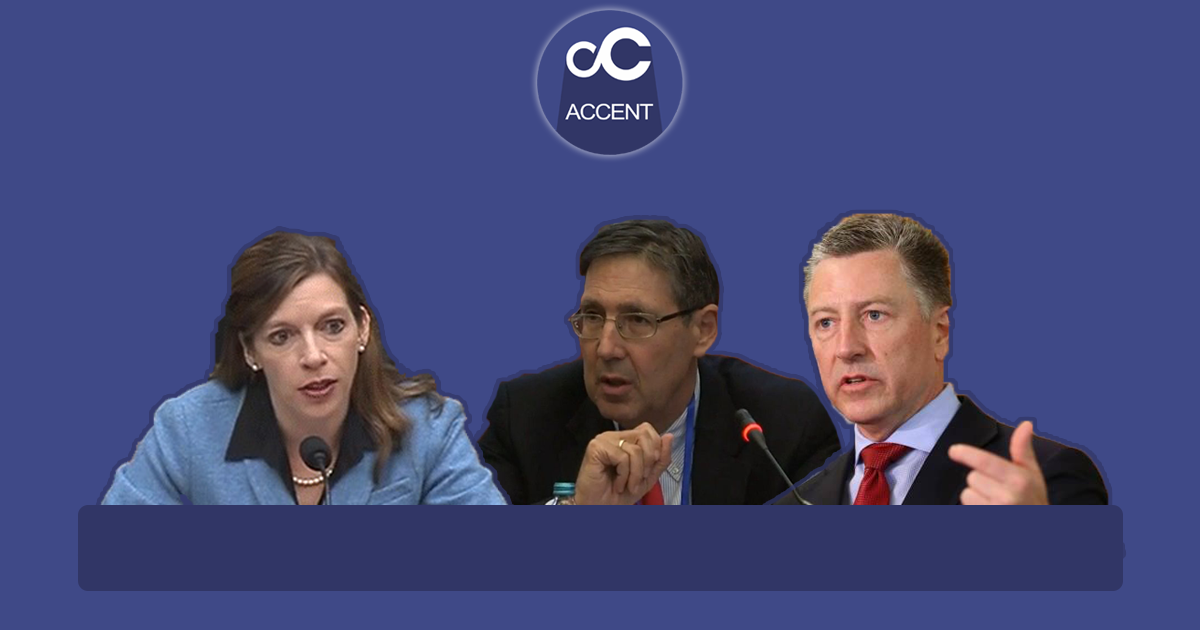
Kipiani: The security environment provides an opportunity to try out many solutions that were previously unimaginable
20/07/2023 07:29:18 Interview
Accent's interview with the Chair of a Georgian think tank organization Geocase, Victor Kipiani.
- I would like to start our conversation with a new story - Iran's desire to connect to the Russian electrical system. As the Iranian minister stated, the Armenia-Georgia route is on the agenda. So far, neither Georgia nor Russia has had an electricity supply scheme with Iran. Tehran is considering receiving electricity from Baku as another direction. Official Tbilisi has not recently made a comment, however, according to an Iranian official, the process is in the phase of completion of negotiations and implementation. I understand that we are talking about a certain relationship between neighbors, but we cannot escape the context. Do you think that we might be dealing with the realization of the first project of the anti-Western 3+3 format (in which Tbilisi officially refused to participate) or are these unfounded fears?
– You said that, according to an Iranian source, negotiations are underway on this issue. It is frivolous to make conclusions only based on this general comment. In this regard, I will still wait for official comments or at least some additional sources to make a conclusion or assessment. I can't add anything else.
One thing is clear - official Tbilisi made a statement regarding the 3+3 platform. I clearly remember that the statement in its original formulation, which was made by the then Minister of Foreign Affairs, had required additional clarification, that was done. Finally, the position of the Georgian side was announced that under the conditions of Russian occupation Georgia's participation in the 3+3 format is excluded. To tell the truth, the format itself has not shown remarkable vitality either and the regional picture changed as a result of the Karabakh war has made its perspective even more uncertain. Thus, if we talk based on the circumstances and the developed processes, that's all we can assess so briefly.
– At the same time, we can see that the new security architecture is being intensively discussed, and the attitude of the Georgian government is, to put it mildly, unclear - it is not clear in what scheme it considers the long-term security of the country. It is quite a popular opinion in Georgia that before becoming a member of NATO – which seems to be paused by Georgia at this stage – it is vital to take a functional role in the context of the security of the Black Sea in the current environment. How do you see this role, the chance, and will Tbilisi's passive policy and anti-Western rhetoric give us anything?
- The talk about the geopolitical role of the Black Sea has become more frequent, which is welcome. At the same time, the intensity of such conversations is mostly, in academic circles, and this role has not yet been properly reflected in foreign and security conceptual documents. I will clarify that the reasons for the current deficit does not depend only on Georgia, much more is required from our western partners in this regard.
We cannot say anything new to the readers by reminding them that the Black Sea is both a challenge and a key to our security. There is a necessary balance between these two, which cannot be achieved only by scientific discussions around the topic: it is necessary to make very specific political decisions adapted to the time and circumstances. In my opinion, one of these would be organizational formation of a consultative-cooperative format between geopolitically "relative" nations in the Black Sea region. This along with safe navigation in the Black Sea would be dedicated to better coordination around economic, ecological and other topics. Among the actual issues of cooperation in the mentioned format, I imagine the "localization" of more international businesses in the region - their establishment, as well as discussing the regional block of free trade.
– In the same context, do you see the prospect of placing an American military base in Georgia? And what will the political will from both sides depend on? It is interesting that the Black Sea security strategy is being discussed in the USA, and as far as is known, Georgia is also mentioned there.
- Yes, the Black Sea Security Act initiated in the US Congress will fill the vacuum mentioned in this interview, even partially. Now let's look at your question this way: are collective defense systems the only possibility to ensure national security in modern conditions? of course, no. Moreover, nowadays, formation of the so-called small alliances is a kind of trend, which serve to manage specific threats on a regional basis. Matching examples are offered by alliances such as QUAD or AUKUS.
Therefore, is it appropriate to think about a similar small-scale union in the Black Sea region, which, by the way, will become a continuation of the consultative-cooperative format that we talked about? As for security and the formalization of bilateral cooperation in the field of defense, practice also offers us examples of this. It is also significant that each such example - be it US-Israel, US-Japan, US-Philippines or US-South Korea - is individually unique, which is due to the reality created in a specific historical context and the nature and content of official documentation.
Probably, from the Georgian point of view, the uniqueness of our case should also be highlighted, properly assessed and summarized. Moreover, the completeness of this process, of course, does not depend only on our own will and efforts: the position of the country that we consider as a contracting party in strategic bilateral defense and security relations and that considers itself as such is also critical for making appropriate conclusions.
The fact is that the severely deteriorated security environment in the region provides an opportunity to think about and try out many solutions that were unimaginable even in the recent past. It is clear that any new approach - if there is a real demand for it - needs to be studied and reconciled through the proper channels before it is made public.
- In Georgia, it is natural that they observe the ongoing processes in the neighborhood with interest, especially in Turkey, which is a regional actor. President Recep Tayyip Erdogan's recent decisions as a turn towards the West perhaps have been overestimated, it is known that he is constantly maneuvering in accordance with his own interests, but his announcement ( instead of Azerbaijan's President Ilham Aliyev) made at the briefing after the NATO summit that Russian peacekeepers will leave Karabakh in 2025 was interesting. How do you perceive his activity?
- It is a correct remark about the peculiarity of the Turkish foreign policy, a kind of "balancing act" of Turkey, which is related to the attempt to get the maximum benefit in this or that situation. Here, I will voice another wording of this phenomenon, which I personally like and I think best conveys Ankara's attitude - Turkey always behaves in a way that is good for Turkey. We mentioned the Karabakh war, and among its visible results is the minimization of Russian military influence in the South Caucasus at the expense of increasing Turkish military influence. One of the demonstrations of this is the Shusha declaration between Turkey and Azerbaijan, which practically brought the assistance in the relationship between the two countries closer to the 5th article of NATO. Even the statement that President Recep Tayyip Erdogan linked to the withdrawal of Russian peacekeepers from Karabakh in 2025 clearly shows that the balance of power existing today as a result of the Karabakh war is not final and, perhaps, it is awaiting a significant adjustment, moreover, not in the distant future.
- Many in Georgia perceive it as another missed opportunity that we did not take advantage of Turkey's factor on the way to NATO membership of Finland and Sweden. Turkey is an active supporter of Georgia's integration into NATO and a strategic partner of the country. Analytical circles, as well as the military, point out that we are not using the potential of this strategic relationship in the direction of security. What role can it play in the context of Georgia's security and why are we avoiding from its realization?
- What do we know for sure about raising the status of Georgia with NATO in exchange for the accession of Sweden and Finland? very small. As well as how it is possible to achieve this goal even by using Turkey's weighty vote? These are just a few of the questions that arise in relation to such hypothetical scenarios. Not infrequently, the answers to the same questions are hypothetical, which destroys the possibility of qualified discussion. It's another matter in today's world to have this diverse arsenal of tools to help you achieve your goals. Moreover, by clearly refusing to be linear in international politics, different countries often resort to atypical, even unusual ways. It is natural that desire alone is not enough to activate the full potential mentioned by you. It also requires matching versatile resource. However, where there is a will, I think such a resource will be found in the future. The main thing is that you really want to achieve the declared goals, you want to do it in action, not in words. Only in this case your own society will believe your own declared goals and your partners will trust you.
David Manizhashvili









